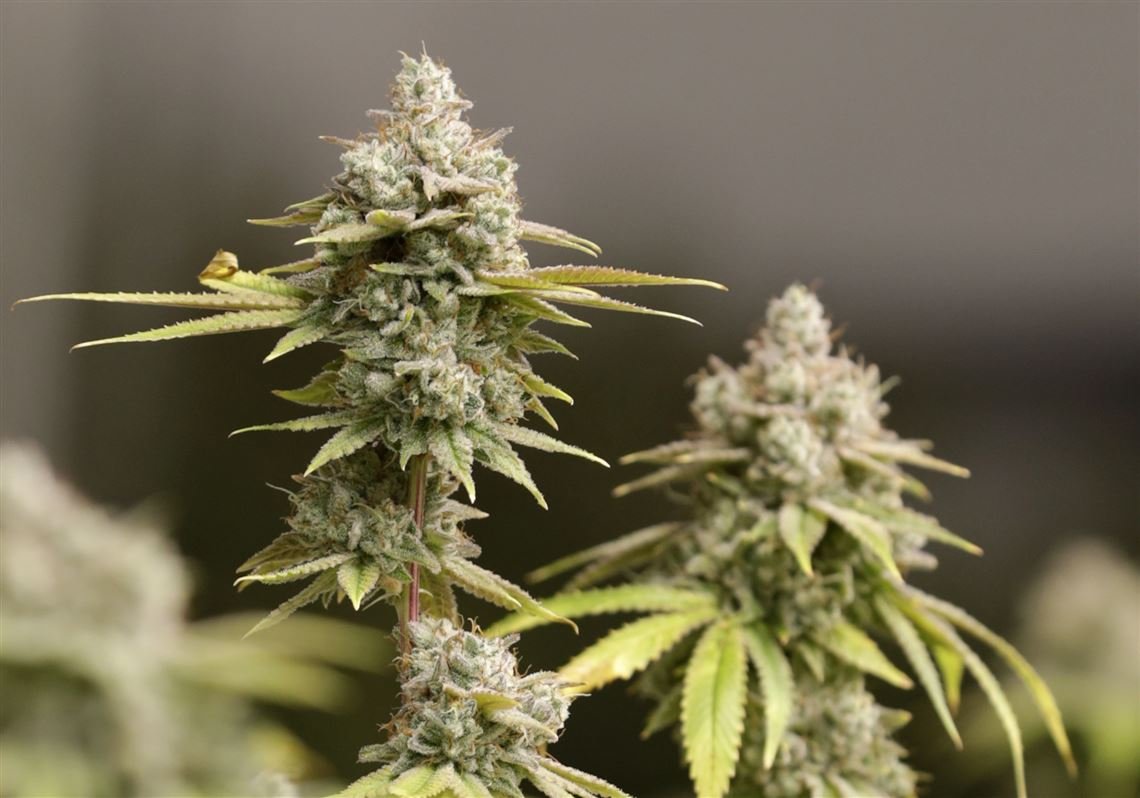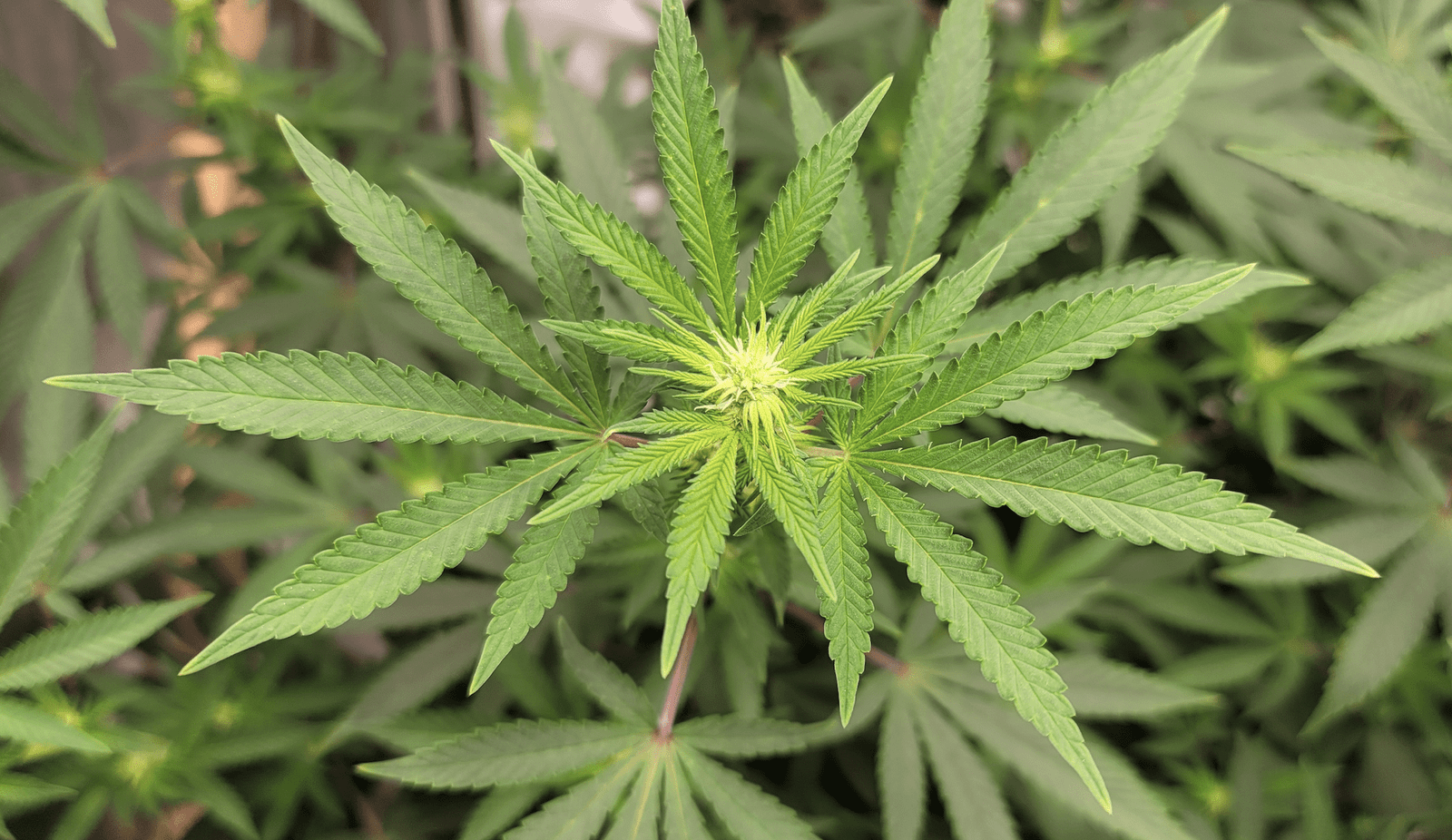A recent poll by Marijuana Moment and NuggMD indicates that a majority of cannabis consumers, 58 percent, oppose President Donald Trump’s actions regarding marijuana legislation. However, 39 percent of respondents indicated they would be more supportive of the administration if it moved toward legalization or rescheduling of cannabis. This survey marks the beginning of a quarterly tracking effort aimed at gauging cannabis consumers’ opinions on governmental policies affecting marijuana.
In Texas, Governor Greg Abbott has expressed indecision regarding a proposed bill that would ban consumable hemp products containing any amount of THC. Abbott acknowledged the valid concerns from both supporters and opponents of the bill, which reflects the growing debate on hemp regulation.
Meanwhile, Florida lawmakers have passed legislation that would revoke medical cannabis patient and caregiver registrations for individuals convicted of specified drug offenses. This move raises significant questions about the balance between public safety and access to medical cannabis.
In Alaska, activists are mobilizing to place a psychedelics legalization initiative on the 2026 ballot. This proposed measure would allow non-commercial cultivation and sharing of substances such as DMT, mescaline, and psilocybin, alongside the establishment of licensed healing centers for regulated use.
Oregon officials are currently appealing a court ruling that invalidated a law requiring licensed marijuana businesses to enter labor peace agreements with workers. This case is now headed to the U.S. Court of Appeals for the Ninth Circuit, highlighting ongoing tensions between labor rights and business regulations in the cannabis industry.
On social media platforms, organizations like Students for Sensible Drug Policy and the Drug Policy Alliance are urging Meta to address issues of shadowbanning and censorship against cannabis-related content on Facebook and Instagram. This ongoing censorship raises concerns about free speech and the dissemination of information regarding cannabis.
The 54th anniversary of President Richard Nixon’s declaration of the ‘war on drugs’ was marked this week, drawing attention to the historical context of current drug policies. A video from the Drug Enforcement Administration Museum showcased a pen Nixon used to sign the Controlled Substances Act into law, a pivotal moment in drug policy history.
Research continues to explore the therapeutic potential of cannabis. A recent study identified CBD as a promising treatment for problematic alcohol use, demonstrating its effectiveness in reducing binge-like ethanol consumption in a controlled animal study.
In North Carolina, legislative committees have approved a bill to regulate hemp-derived products, including kratom, which would be added to the list of controlled substances. In Delaware, a representative has withdrawn a bill aimed at regulating hemp-derived THC beverages, citing time constraints for ensuring stakeholder comfort with the bill’s provisions.
Amidst these developments, various state regulators are addressing their own cannabis-related issues. In Virginia, a Democratic attorney general candidate has expressed support for legalizing recreational marijuana sales. In Massachusetts, regulators have issued new administrative orders regarding cannabis testing methods, while Michigan has reported $272.6 million in legal marijuana sales for May.
As the cannabis landscape evolves, Marijuana Moment will continue to track legislative changes and consumer sentiment, providing updates on this dynamic industry. Readers are encouraged to subscribe for daily news and insights into cannabis policy and research.



